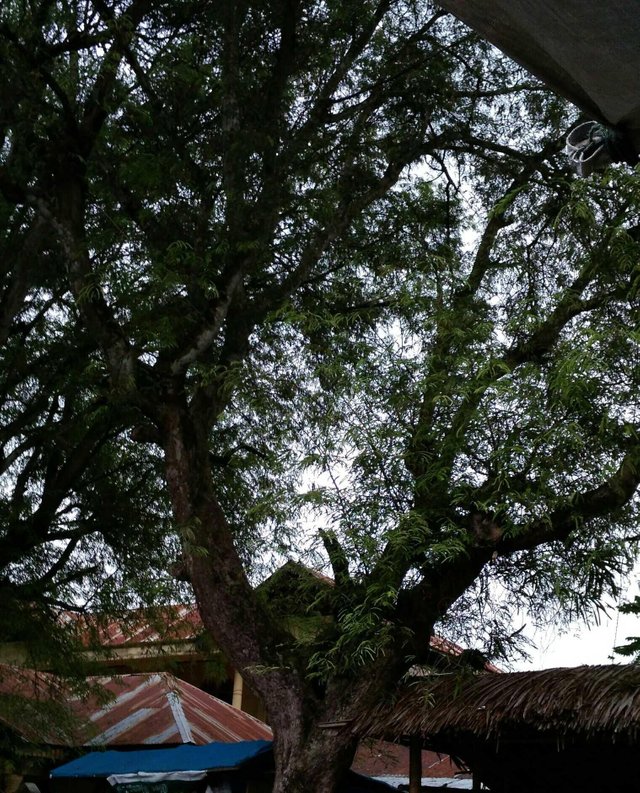Bakme lam desa raya that ka

Javanese acid or Tamarindus indica is one
the most famous trees and fruits in Indonesia. Sour-tasty Javanese fruit is commonly used as a spice in various types of cuisine in Indonesia. But it turns out the cooking season is not the only benefit of trees and fruit tamarind. Many parts of the tamarind tree that can be used as traditional medicine, as a shade tree, to trust as one of the lumber wood.Javanic acid trees in several places in Indonesia are also known as bak mee (Aceh), acid (Melayu), Asem (Java, Sunda), and celagi (Bali). In English referred to as Tamarind. While the latin name of this plant is Tamarindus indica L. which is synonymous with Tamarindus occidentalis Gaertn,Tamarindus officinalis Hook., And Tamarindus umbrosa Salisb. The names 'acid' and 'asem' refer to this sour fruit flavor. While the name Tamarind and Tamarindusderived from the Arabic 'tamr hindi' which more or less means 'Indian dates'.
Description of Javanic Acid Tree. Javanic acid is
tropical plants that bear fruit pods. The trunk can be large with a height of 30 meters and the trunk diameter can reach 2 meters. The bark of the acid tree trunk is brown gray, and rough. The shade is leafy and leafy, wide and rounded. Compound leaf pinnate evenly, edged flat, and green. The leaves will fall before the exit flower . Javanese tamarind flowers are arranged in bunches and grow in leaf axillary or at the end of twigs. Jaw-shaped pods are bubbly, almost cylindrical, bent or straight, with the number of seeds reaching 10 eggs in each pod. The flesh (mesokarp) is whiteish-greenish when young, and turns red to dark when very ripe. Taste sweet fruit. Blackish brown, shiny and hard, slightly square. The tamarind tree (Tamarindus indica) is thought to have originated from eastern Africa which then spread to tropical regions of Asia (including Indonesia), down to the Caribbean and Latin America. Able to grow well in the lowlands area up to 1000 meters above sea level. Benefits of Tree and Fruit of Javanic Acid. The most popular use is as a cooking spice to provide a sour taste on a variety of dishes. In addition, the fruits of Javanic acid can be used to remove fishy odor in fish, syrup, jam, and rujak mixture.